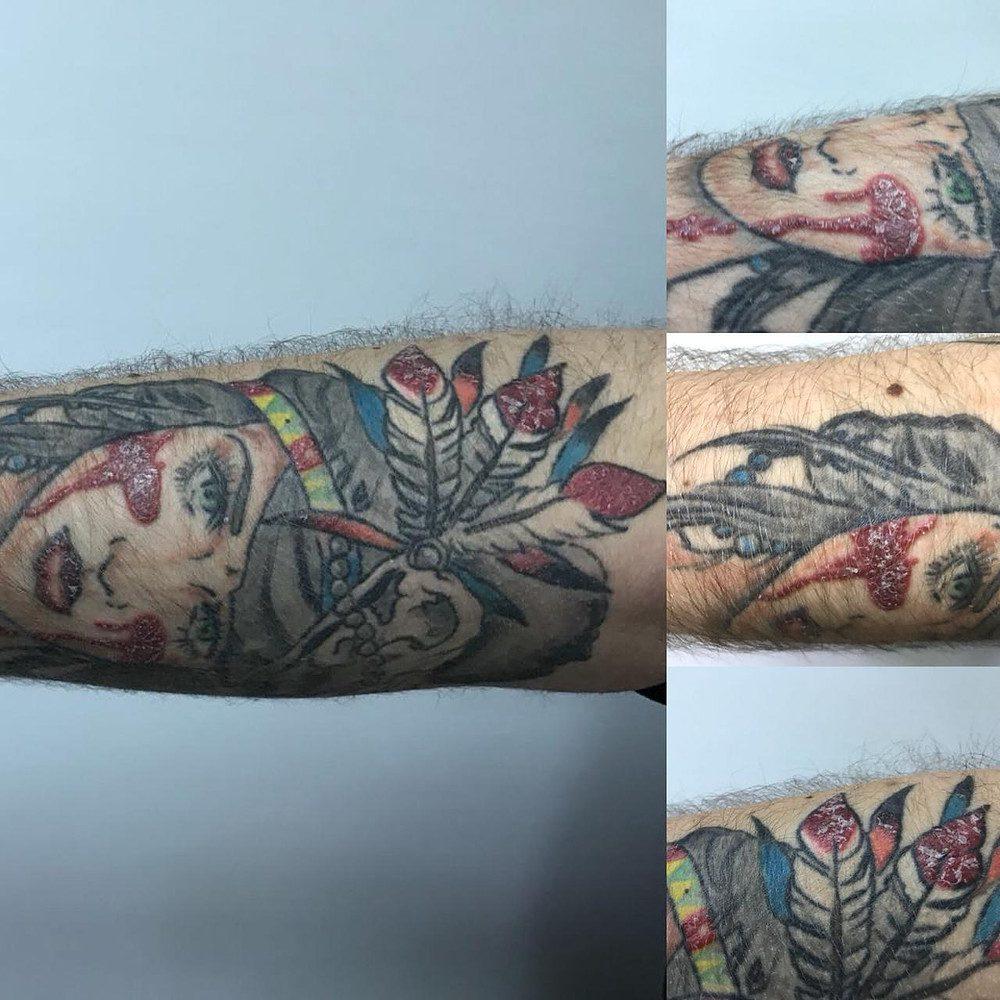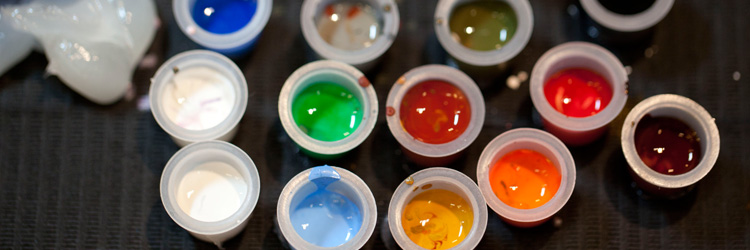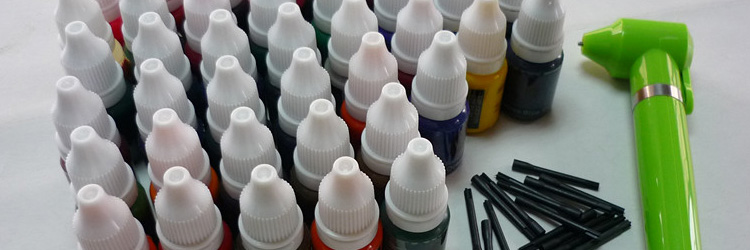
Tattoo paints: could you be allergic to them?
Contents:

Is tattoo ink dangerous?
When tattooing, ink is injected under the surface of your skin and stays there for a long time. Therefore, it is important to use high quality tattoo ink supply... Professional inks can be made from iron oxides such as rust, metal salts and plastic. Traditional and homemade ink can be made from pen ink, earth, or even blood.
Most people with an allergic reaction to a tattoo are allergic to red and yellow tattoo inkbut this phenomenon affects only 0.5% of people. With red ink, as you know, not all tattoo inks are created equal. In the past, painters have had problems creating their own dyes. Most professional tattoo artists buy ready-made thinned ink, but some choose to mix the dyes themselves using dry pigment and carrier. Carcasses containing higher concentrations of metalsmay not be suitable for use on the skin. In some cases of allergies, the problem is caused by the amount of pigment in the ink. Some tattoo inks contain mercury.however, their use has declined significantly in recent years. Some of the compounds that cause allergic reactions are nickel, cadmium and chromium. Jewelry may contain these compounds, so if you've ever had an allergic reaction to them, you may also be allergic to ink containing these ingredients.
Main symptoms Allergies to tattoo ink include itching, redness, and mild swelling, but these symptoms usually go away after a few days. If symptoms persist or the tattoo festers or bleeds. seek medical attention, tattooists are not doctors.
Do you have any other allergies?
Most people suffer from ink allergy he is also allergic to other dyes, such as those found in food and clothing. If this happens to you skin allergy to other types of dyesthis is a very good idea ask the tattoo artist for a skin test to see how you react to the dye. However, such a test is not always the final exponent. Most people respond immediately, but some people may not develop redness or rashes after a month, and others may take two years to develop symptoms. That's why skin tests are not always convincing.
In people who developed an allergic reaction only after a year, the most common symptoms were itching and uneven skin. Sometimes the weather is favorable - heat can cause swelling, If the tattoo itches a lot in hot weather, it could be due to an allergy to ink..
There are over-the-counter medications that can help if you have allergies shortly after getting a tattoo. — antibiotic ointment or hydrocortisone may provide reliefas well as anti-itch creams and cold compresses. If symptoms do not improve within a week it is good to go to a dermatologist who will prescribe steroids.
It's good to know before getting your first tattoo.
If the first tattoo is in front of you and you are concerned about allergies, there are several things you can do before taking it.
Visit your tattoo artist prior to your scheduled session.
During a visit to the tattoo artist, ask him to show you the ink composition... If he does not have this information, ask the name and color of the ink, as well as the name of their manufacturer. You can then find out for yourself if the ink contains ingredients that can cause allergic reactions. and if so, ask for another.
Perform a skin test.
Ask your tattoo artist for a skin test at least 24 hours before getting a tattoo. A skin test involves applying ink that will be used during the tattooing process to an area of skin close to where the tattoo will be done. If you experience any reaction to the dye, such as redness, irritation or swelling, it is recommended that you select an alternative ink type.
Take another final test.
Tiny dot tattoo 24 hours before tattooing and watch for any allergic reaction on your skin. Any redness, irritation, or swelling could indicate an ink allergy.
Research on tattoos.

Karin Lenner z German University of Regensburg he and his team conducted a study, the results of which were published in the journal Contact Dermatitus. The analysis of the fourteen black pigments available to tattoo artists was carried out using very precise laboratory methods that can detect even the smallest traces of chemicals. They are composed mainly of carbon and soot, and the color names are for example "Black Magic Diabolo Genesis". The results of this study are not encouraging as it was found that some inks are not only harmful to skin, cells and DNA, but also cause cancer..
However, it should be noted that some of the carcasses tested come from Japan, where they are not subject to such stringent standards as European carcasses. Dr. Paul Broganelli, specialist in dermatology and venereology at the University Hospital of TurinHe added that the tests were carried out only on black carcasses containing the most harmful substances, and their use caused allergic reactions in only 7% of cases and that There was no increase in skin cancer incidence among tattooed people.... While Dr. Paul Broganelli's words are reassuring, it's still good to know what type of ink your tattoo artist will use.
Learn more about Glow in the Dark and UV inks.
For tattoos, both glow-in-the-dark and ultraviolet rays are used. Glow in the dark ink absorbs light and uses phosphorescence to glow in dark rooms. UV ink does not glow in the dark, but reacts to ultraviolet light and glows due to fluorescence. The safety of using such inks is a subject of extensive debate among tattoo artists.
Leave a Reply